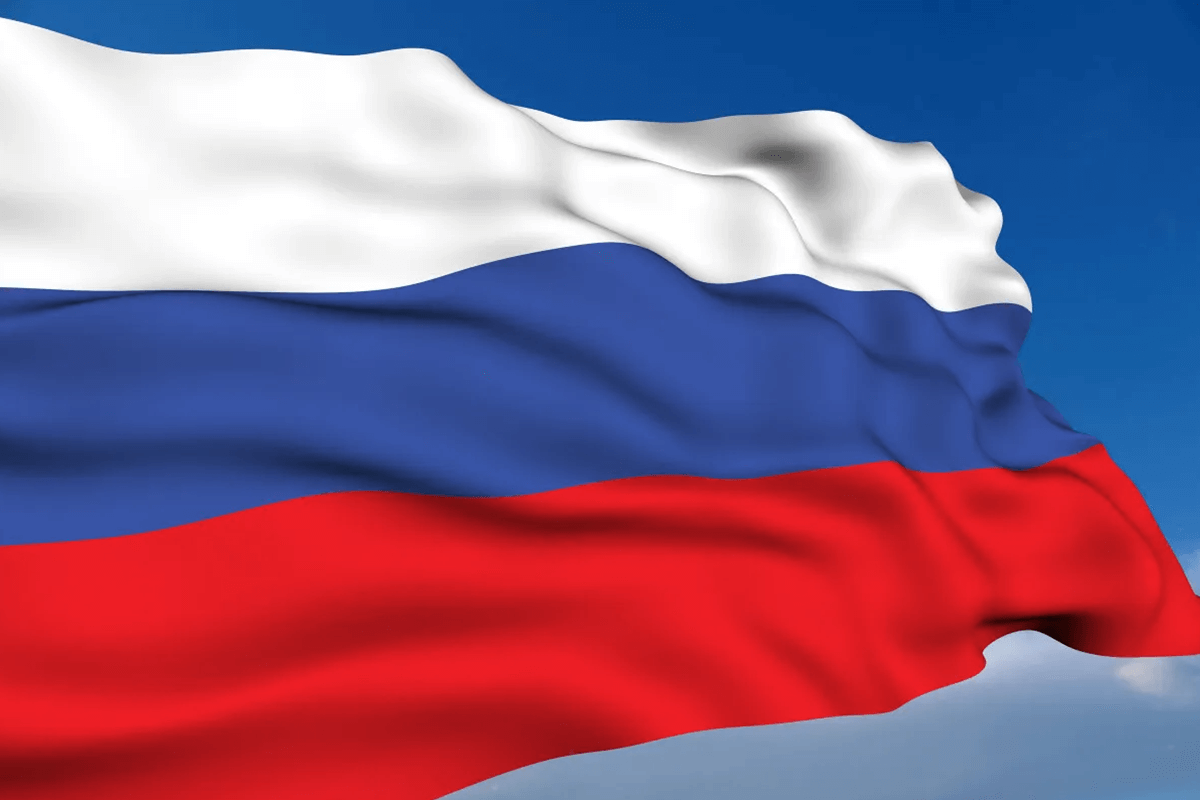The Russian Bellicosity towards Ukraine took no time to materialize into full-scale war. This hostility called for radical steps to punish the nation through the mass cyber exodus from various tech hardware and software companies and digital media platforms to demand the Ukrainian government to appeal to ICANN a complete revocation of Russian TLDs (Top Level Domain) along with SSL (Secure Sockets Layer) certificates.
Russia’s internet clampdown has been instantaneous. Several social media giants, namely Facebook, Twitter, and Western news websites, have been retracted voluntarily or by the regulator of state communications known as Roskomnadzor. In addition, many prominent OTT platforms like Netflix have voluntarily withdrawn their services. The Kremlin has instructed government websites to take necessary steps to keep functioning if Russia is secluded from the rest of the world.
The country seems to be the most severe and recent casualty of the global phenomenon of the “splinternet,” where access to the World Wide Web is balkanized by competing for the nation’s interest. As Russians’ access to their favorite online services and content is syncopated, people resort to other online acquisition methods such as torrenting. VPNs (Virtual Private Networking) have witnessed exponential growth, allowing users to bypass stringent norms and cyber restrictions, which have been trembling Russia
Since the onset of war. Pulling of the Digital Iron Curtain might seem like a retaliation move, but its preparations have been going on for years. In November 2019, Vladimir Putin called for a new “Sovereign Internet Law” – a series of amendments to the nation’s legislation structure to make Russian cyberspace self-sufficient. These changes included mandating internet providers to install managing equipment to control certain types of traffic and enabling the state regulator to gain more control over their networks.
Officially, the changes made the country’s telecom networks and online services more boisterous. However, the amendments intend to magnify the Kremlin’s surveillance apparatus and provide greater authority to weed out unwanted websites. The recent cyber activities partially fueled by war depict Russia’s attempt to emulate the Great Firewall of China. This stringently governed internet network system enables Beijing to monitor and control access of foreign websites to its citizens. The motive of the Kremlin is to own an independent part of the worldwide web and to have Russian authority govern it. The idea is to forge a replica of the global internet within the Russian border.
Until recently, the Great Firewall was perceived as something of a one-shot. China’s cyber infrastructure was practically designed with censorship in mind, with a finite number of portals to the global internet. Russia is way more deeply connected to the worldwide system. The network in China isn’t the internet in the way we usually think of networks. In China, much of the internet is rigidly governed. There are only a handful of gateways to the outside cyberspace.
Russia’s internet infrastructure, on the other hand, was built traditionally, with many diversely interconnected networks. This labyrinth of different networks renders the process of Shutdown unclear. It means Russia’s internet norms have had to be maladroitly tweaked rather than built from scratch. Still and all, it seems to be showing an effect.
Recently, Roskomnadzor banned Facebook and severely restricted Twitter, in apparent retribution for the two companies denying Kremlin state media based in Europe. The regulator commented it had identified 26 cases by Facebook against Russian media since October 2020. The ‘Splinternet’ would significantly disable Russian citizens’ access to unfiltered information and violate their digital rights. This cyber exodus has added fuel to Russia’s burning desire to firewall its cyberspace that would allow complete isolation from the outside world—resulting in western nations being clueless about Russian affairs. The 2016 US President elections, after which Industrialist Mr Donald Trump became the 45th president of United States of America was under heavy criticism for allegedly seeking help from Russia to influence the election results by the means of Russian hackers who were manipulating the big data towards pursuance of their purpose, this has already allowed the Russians cyber spectrum to tamper the cyber spectrum of the west thus showcasing the threat and upper hand the Russian pose to the west. Cyber-warfare is and will be an integral part of International relations in the times to come hence this isolation will also enable the government to push the anti-western agenda.
Author – Shrey Madaan – Research Associate, CyberPeace Foundation




